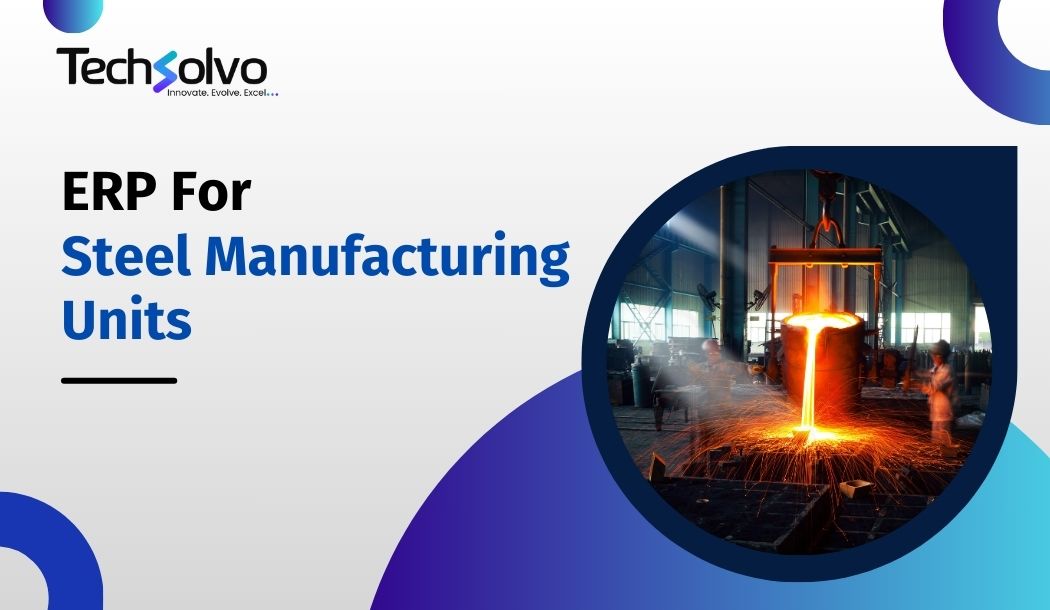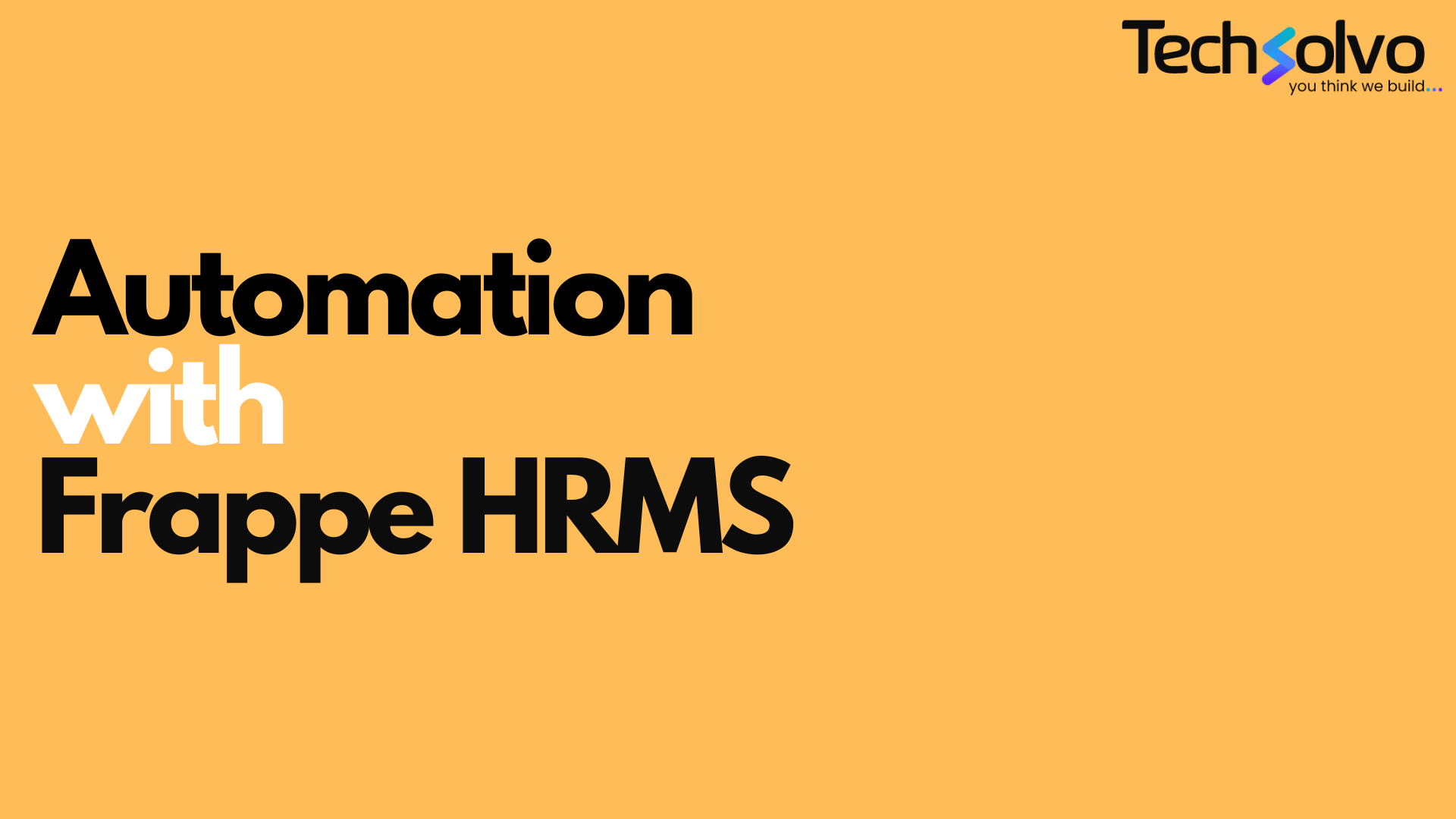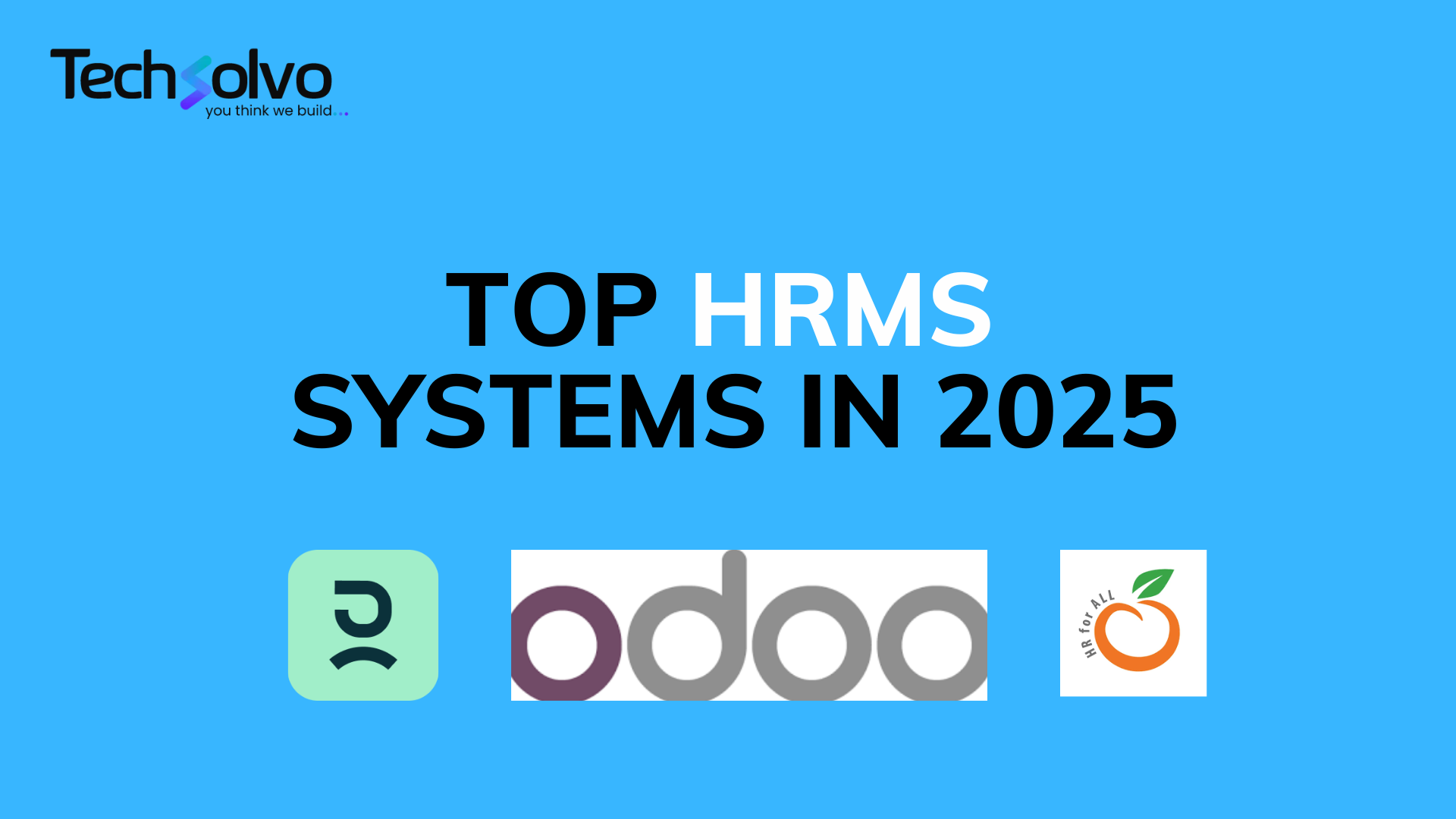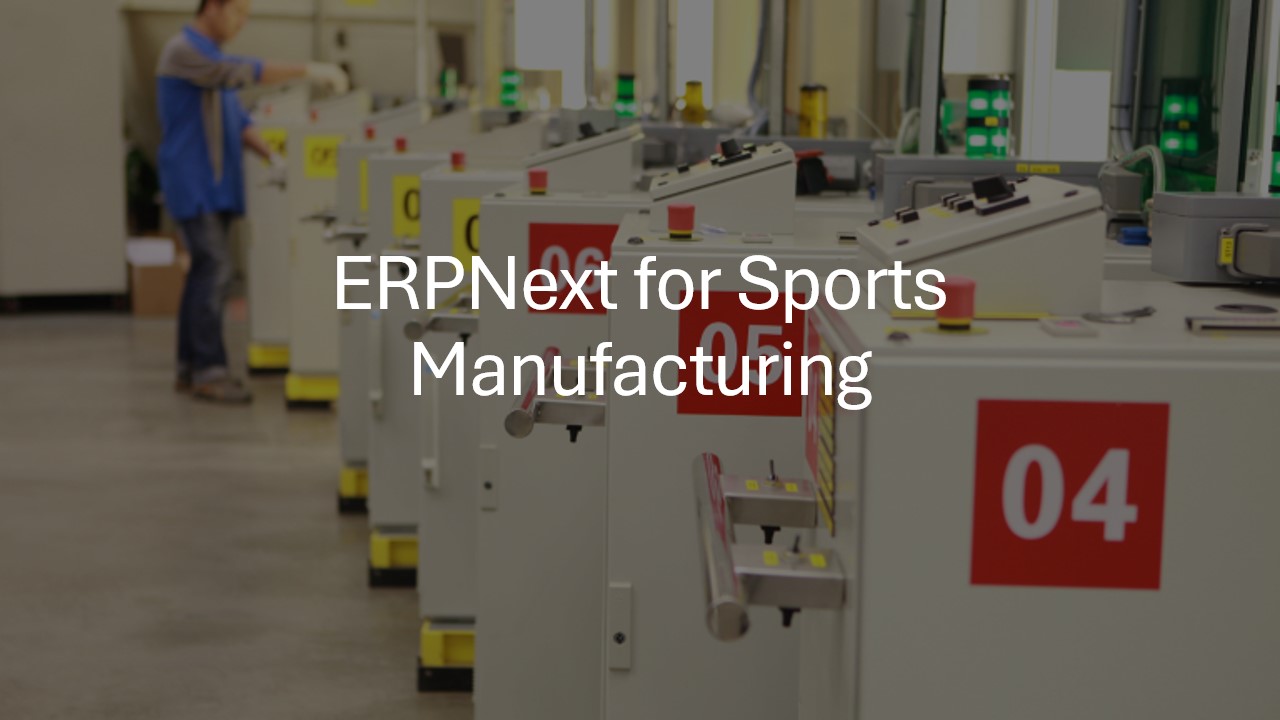
Introduction
In the rapidly evolving landscape of the steel manufacturing industry, managing operations efficiently is crucial for maintaining competitiveness and profitability. Enterprise Resource Planning (ERP) systems have become indispensable tools for streamlining business processes and improving productivity. ERPNext, a powerful and versatile ERP solution, offers robust functionalities tailored specifically for steel manufacturing units. This blog will delve into the functionalities of ERPNext for steel manufacturing units in India, the benefits of its implementation, and how it can enhance accounting and inventory management. Additionally, we'll address some frequently asked questions about ERP implementation for steel manufacturing units.
Functionality Inside ERPNext for Steel Manufacturing Units
ERPNext provides a comprehensive suite of features that cater to the specific needs of steel manufacturing units. Some key functionalities include:
-
Production Planning and Control
- Bill of Materials (BOM): Define and manage the list of raw materials, components, and assemblies required for manufacturing.
- Work Orders: Create and manage work orders to monitor production processes and track progress.
- Production Scheduling: Optimize production schedules to meet deadlines and reduce downtime.
-
Inventory Management
- Stock Management: Track raw materials, work-in-progress, and finished goods across multiple locations.
- Batch and Serial Number Tracking: Maintain detailed records of inventory batches and serial numbers for traceability.
- Automated Replenishment: Set reorder levels to automate purchase and production orders.
-
Quality Control
- Quality Inspections: Implement quality checks at various stages of production to ensure product quality.
- Non-Conformance Reporting: Manage and resolve quality issues efficiently.
-
Sales and Purchase Management
- Sales Orders: Handle sales orders, quotations, and customer relationships.
- Purchase Orders: Manage vendor relationships, purchase orders, and procurement processes.
-
Accounting and Financial Management
- General Ledger: Maintain comprehensive financial records with a detailed general ledger.
- Accounts Payable/Receivable: Manage vendor payments and customer receipts efficiently.
- Financial Reporting: Generate accurate financial statements and reports for better decision-making.
-
Human Resources Management
- Payroll Management: Automate payroll processing and compliance with local regulations.
- Employee Management: Track employee details, attendance, and performance.
Why Steel Manufacturing Unit Owners Should Implement ERPNext
-
Streamlined Operations
- ERPNext integrates various business processes into a single platform, reducing redundancy and improving coordination across departments. This leads to smoother operations and increased efficiency.
-
Enhanced Visibility
- Real-time data and comprehensive reporting tools provide better visibility into all aspects of the business. Owners can make informed decisions based on accurate and up-to-date information.
-
Cost Savings
- By automating routine tasks and optimizing resource utilization, ERPNext helps in reducing operational costs. Improved inventory management minimizes waste and overstocking.
-
Improved Compliance
- ERPNext ensures compliance with industry standards and regulations through systematic record-keeping and reporting.
-
Scalability
- As your business grows, ERPNext can scale with you, accommodating new processes, increased production volumes, and additional users.
How ERPNext Enhances Accounting and Inventory Management
-
Accounting
- Automated Transactions: Automate repetitive accounting tasks such as journal entries, invoicing, and payment processing.
- Accurate Financial Reporting: Generate financial statements like balance sheets, profit and loss statements, and cash flow statements with ease.
- Budgeting and Forecasting: Plan and forecast financial performance to align with business goals.
-
Inventory Management
- Real-Time Inventory Tracking: Monitor inventory levels in real time across multiple locations.
- Demand Forecasting: Use historical data to predict demand and plan inventory accordingly.
- Warehouse Management: Optimize warehouse layout and operations to enhance efficiency.
FAQs on ERP Implementation for Steel Manufacturing Units
-
What is ERPNext?
- ERPNext is an open-source ERP system that integrates various business processes such as production, inventory, sales, purchasing, accounting, and HR into a single platform.
-
Why is ERPNext suitable for steel manufacturing units?
- ERPNext offers specific functionalities tailored for manufacturing, including production planning, inventory management, quality control, and financial management, making it an ideal solution for steel manufacturing units.
-
How long does it take to implement ERPNext?
- The implementation timeline depends on the complexity and size of your operations. Typically, it can take anywhere from a few weeks to several months.
-
What are the costs associated with ERPNext implementation?
- Costs include software subscription, implementation services, customization, training, and ongoing support. Open-source versions can reduce software costs, but implementation and customization still incur expenses.
-
Can ERPNext integrate with other systems?
- Yes, ERPNext can integrate with various third-party applications and systems through APIs, enhancing its functionality and interoperability.
-
Is ERPNext customizable?
- Yes, ERPNext is highly customizable. You can tailor the system to fit your specific business processes and requirements.
-
How does ERPNext handle data security?
- ERPNext offers robust security features, including role-based access control, data encryption, and regular backups to ensure data integrity and security.
Conclusion
Implementing ERPNext in steel manufacturing units can revolutionize operations by streamlining processes, enhancing visibility, and driving cost efficiencies. Its robust functionalities cater to the unique needs of the steel industry, making it an indispensable tool for business growth and sustainability. By enhancing accounting and inventory management, ERPNext ensures that steel manufacturing units can achieve higher productivity and profitability. If you are considering an ERP solution, ERPNext stands out as a comprehensive and scalable option worth exploring.
Insights
To properly understand the things that are prevalent in the industries, keeping up-to-date with the news is crucial. Take a look at some of our expertly created blogs, based on full-scale research and statistics on current market conditions.

Automation in Human Resource Management with Frappe HRMS
Discover how HR automation with Frappe HRMS can streamline HR operations, enhance employe…

Top Open-Source HRMS Systems in 2025: The Best Free HR Software for Businesses
Discover the best open-source HRMS systems in 2025! Explore top HR software like Frappe H…

ERPNext for Sports Manufacturing: Revolutionizing Efficiency and Growth
Discover how ERPNext empowers sports equipment manufacturers to streamline operations, ma…

